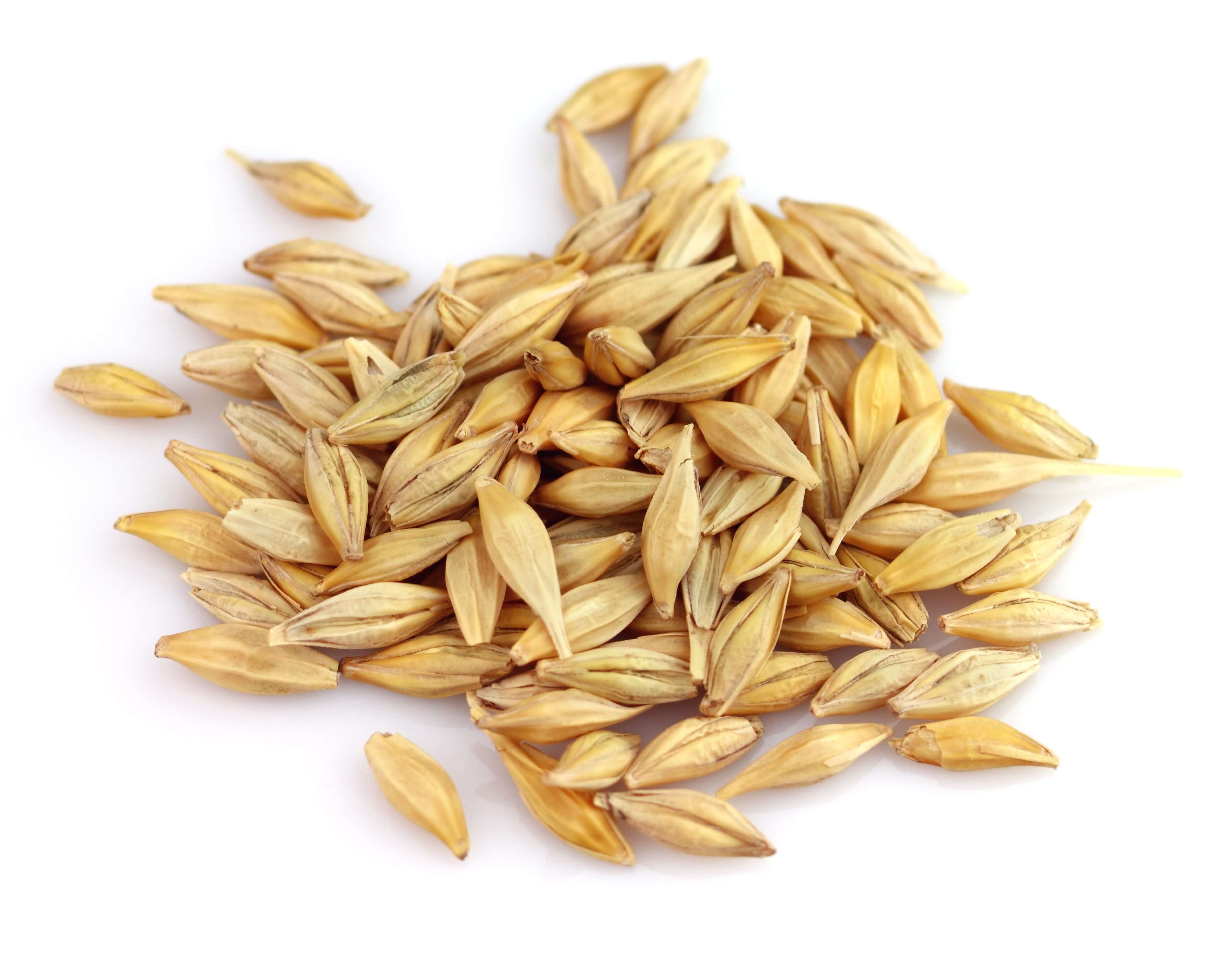
Health Benefits:
Aids in digestion
Aids in weight loss
Anti inflammatory
Fights free radicals
Helps prevent night blindness
Improves bone and muscle health
Lowers blood pressure
May reduce cholesterol
May regulate blood sugar
Promotes heart health
Reduces risk of colon cancer
Reduces risk of lung cancer
Nutrition:
Serving size:1 ounce (pearled); Calories: 34; Fat: 0g; Cholesterol: 0mg; Sodium: 3mg; Carbs: 8g; Fiber: 1g; Sugars: 0g; Protein: 1; Potassium: 1%DV; Vitamin A: 0%DV; Vitamin C: 0%DV; Calcium: 0%DV; Iron: 2%DV
Did You Know?
- Barley beer was probably one of the first alcoholic drinks developed by Neolithic humans. Even now, about half the barley cultivated in the United States is used for brewing beer!
- Until the 16th century, it was the single most important grain in Europe. It was used as a of currency.
- Barley is a good source of niacin, which protects your cardiovascular system!
- Forms available: hulled barley kernes, flakes, grits, pearls, ground flour
- Whole grain barley kernels contain more fiber and nutrients
Ways to Eat:
- In soup
- In salads
- Casseroles
- For breakfast
- In risotto
- Substitute for rice
Farming Trivia:
- Barley is a widely adaptable crop - it can be grown in termperate areas as a summer crop, or tropical areas as a winter crop.
- Although it is very adaptable, it isn't necessarily winter hardy and it doesn't tolerate drought very well.
- It was one of the world's first cultivated grains.
Note: Always consult a physician for any specific health questions and concerns. Some of this information may be subject to change should there be any new findings from Federal Health Administration (FHA), Food & Drug Administration (FDA), American Medical Association (AMA), American Cancer Society (ACS), and / or other leading food, nutrition and medical advisors.

